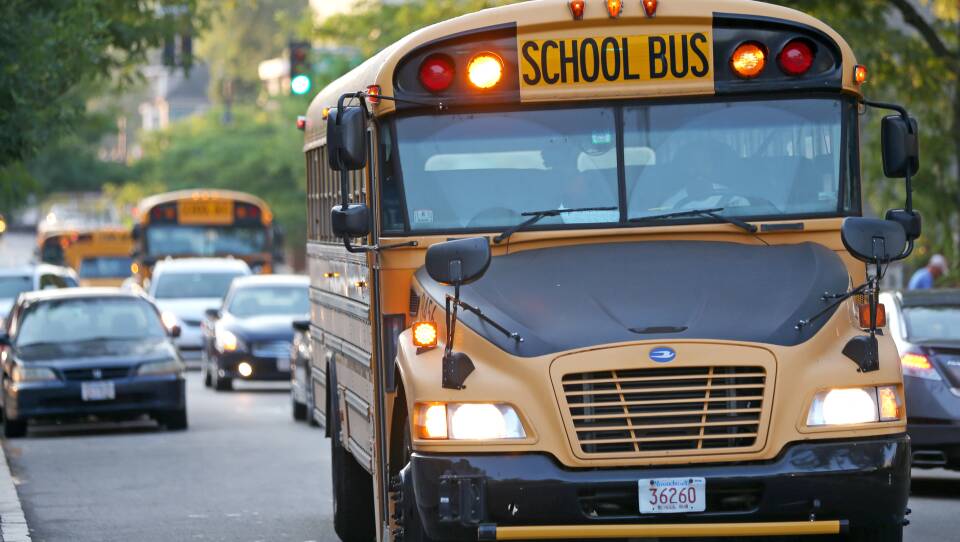Boston Mayor Michelle Wu said Thursday that one key to delivering city students to their schools on time rests with the cooperation the city receives from the more than 100 parochial, private and charter schools that also rely on bus service from Boston Public Schools.
BPS is under pressure from Massachusetts' regulators to “create a safe, effective and responsive school transportation system” that consistently achieves an on-time bus arrival rate of 95% or better. That goal has remained elusive and has unleashed a torrent of criticism on the school system.
More Education
An independent report found that BPS transportation has to contend with a welter of school schedules catering to individual school needs. The lack of a cohesive schedule means that buses are serving schools with more than a dozen different start times and two dozen different dismissal times.
Wu said cooperation from non-BPS institutions would be key to maximizing travel efficiency.
“There are some structural challenges that continue to make this hard,” the mayor said, pointing to the non-BPS institutions. “We actually need all of those types of schools to get on the same page as BPS when it comes to start times as well.”
Wu expressed support of Boston Superintendent Mary Skipper, who sees the key to the problem as developing three drop off times: 7:30 a.m., 8:30 a.m. and 9:30 a.m.








